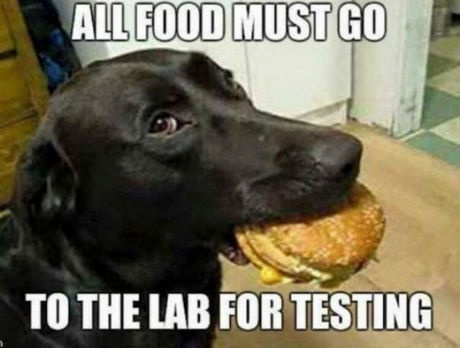 |
| a scream of delight... but probably Photoshopped... or that skinny thing is wearing a training bra |
 |
| still dealing with RINO fraud-deniers right now |
 |
| It'll never happen. |
 |
| I hope those nuts got totally scrambled. |
 |
| ah-hwunn, ah-two, ah-three... |
 |
| What punctuation should be there in place of the semicolon? |
 |
| ...and then the fraud kicked in, and it didn't matter. |

















I believe in the "Scream" shot; the girl has just had a mastectomy as part of her gender transition. That's the first thought I had anyway.
ReplyDeleteA comma instead of a semi-colon. I didn't even have to cheat for that one!
Amazing that you caught the error yet committed the same error in the first sentence of your comment!
ReplyDeleteDo you know what is even funnier? I originally used a comma in the first sentence, but Grammarly told me to change it! And like a good little sheep, I did as I was told...
ReplyDeleteGrammarly is useless.
ReplyDeleteAnalysis:
ReplyDeleteI believe in the "Scream" shot; the girl has just had a mastectomy as part of her gender transition.
Upon further reflection, I see that it's not quite the same situation as the sentence from the meme. The real problem is that you need commas to surround a parenthetical expression:
I believe [that], in the "Scream" shot, the girl has just had a mastectomy as part of her gender transition.
The implied that, which I put in brackets, means that the clause coming after it is a dependent clause, and normally, that means there should be no commas at all:
I'll kill you if you do that again. (no commas)
If you do that again, I'll kill you. (commas)
But you need commas because of that parenthetical phrase, which is also a prepositional phrase: "in the 'Scream' shot."
Look at these sentences:
I think that, in the summer, the crickets chirp a lot.
I think that the crickets chirp a lot in the summer.
The that can often just be implied:
I think the crickets chirp a lot in the summer.
I think I understand why Grammarly recommended the semicolon. It's because it didn't understand what you were intending to say. Your original sentence said:
ReplyDeleteI believe in the "Scream" shot; the girl has just had a mastectomy as part of her gender transition.
Grammarly took the "I believe in the 'Scream' shot" clause to mean "I believe in + object," like "I believe in God" or "I believe in my students." So Grammarly saw your sentence as a compound sentence, i.e., a sentence with two independent clauses. With that misapprehension in place, Grammarly then logically recommended the semicolon.
So, still: Grammarly is useless because it can't understand human intentions. Stay well away. Learn these principles on your own. The machine can't help you.